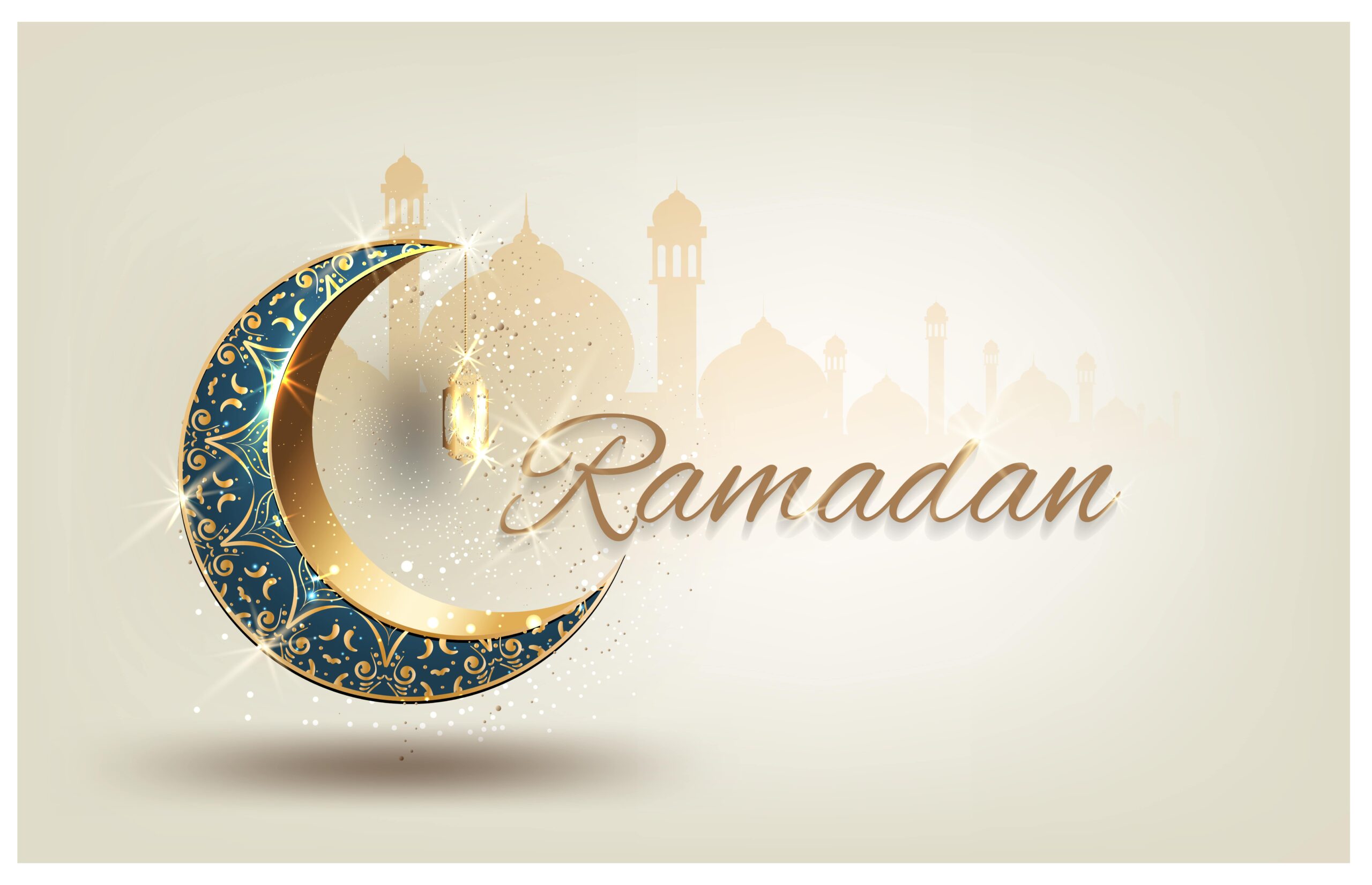Eating disorder recovery: To fast or not to fast?
Throughout the month of Ramadan, Muslims fast as a reminder of the human duty to help those in need. This entails not eating or drinking anything, including water, from dawn to sunset.
Ramadan can be considered the utmost expression of religious dedication for many Muslims. However, for those struggling with a past or present eating disorder it can be a triggering and even harmful period.
As Ramadan is approaching, in this article we will explain how you can cope during this time, whether you choose to fast or not, as ultimately, it is up to YOU and we hope to facilitate empowered choices.
How Can Ramadan affect my Eating Disorder?
Validating fasting for religious purposes can be an opportunity for your eating disorder to obscure your food restriction with the veil of devotion to Islam. Even if you are medically cleared to participate in Ramadan, the fasting practice can still make you poorly.
Ask yourself, “Who am I fasting for,
Allah, or my eating disorder?”
Fasting can strengthen your eating disorder voice, put a strain on your improvements, or even elicit a relapse. For example, if you are prone to overeating, there are chances you will overindulge at Sehri or Iftar, which can make you feel distressed and uncomfortable. On the other hand, if you engage in restrictive eating behaviours, fasting can be damaging to your recovery and health.
To Fast or not to fast?
For all believers, fasting during Ramadan can be an extremely challenging practice not only physically, but mentally too. Even though it is one of the five pillars of Islam, there are exceptions to Ramadan as per the Surat-Baqarah of the Quran1. Allah ‘does not intent hardship’ for those who are ill, as it would be detrimental to their health.
Like any other illness, withholding nutrition
and hydration can be harmful to eating disorder recovery.
It’s painfully true that for some people, eating disorders and other mental health conditions do not fall under the category of “illness”. We want to remind you that your eating disorder, visible or not, IS AN ILLNESS. You have valid reasons to not abstain from food and drink and suffer in silence this time of the year.
Remember, not taking part is NOT a weakness in faith, and you shouldn’t feel guilt or shame for not fasting.
After all, religion shouldn’t stand
in the way of treatment, it should aid it.
What else can I do instead of fasting to participate in Ramadan?
Ramadan is so much more than fasting. True spirituality always comes from within. If you are not fasting, you can focus on other ways to participate that have nothing to do with when or how you feed yourself.
I am NOT fasting during Ramadan; how else can I participate?
- Recite Quran
- ‘Feed’ less fortunate people, cook for someone who is sick (even yourself) or donate food to charity.
- Focus on good deeds within your community
- Offer used clothes to charity, volunteer, teach, foster animals, pay a visit to a nursing home, hold the door for people behind you, tip generously or babysit.
- Use this as an opportunity for self-reflection, growth, and discovery
- Avoid bad behaviour, apologise to an old friend, help those in need.
If I am choosing to fast during Ramadan; how can I help keep myself safe?
- Be mindful of your triggers. List them all down and formulate a plan of how to avoid them but also what to do if they come up.
- Create a plan with a Dietitian or a family member.
- Do not skip Sehri or Iftar to reduce risk of bingeing and/ or purging.
- For your non-fasting period, have meals regularly. You can start with a starter, then have a main meal, and finish off with a pudding and/ or snack later.
- Have balanced meals including carbohydrates, protein, fat, fruit, and vegetables.
- Aim to eat complex carbohydrates (whole wheat bread, pasta, brown rice) that will keep you fuelled for longer.
- Pace your water intake slowly after your meals so you don’t feel overly full.
Where can I find additional support during Ramadan if I have an eating disorder?
Websites
Instagram accounts
Be kind and compassionate towards yourself. You are not the only one with this struggle and internal conflict. You do not need to fast because of family or peer pressure, and do not let anyone question your faith. You are no less Muslim than someone who decides to observe Ramadan. If you choose not to fast, you are making the right choice for yourself. Remember, Allah does not want to make things difficult for you.
Do not be afraid to ask for support and speak up. Whether this is professional help or speaking with a community that shares the same interests and struggles.
Dimitra Theodoraki, BSc, RD
Team EHL x
Reference
https://corpus.quran.com/translation.jsp?chapter=2&verse=185

